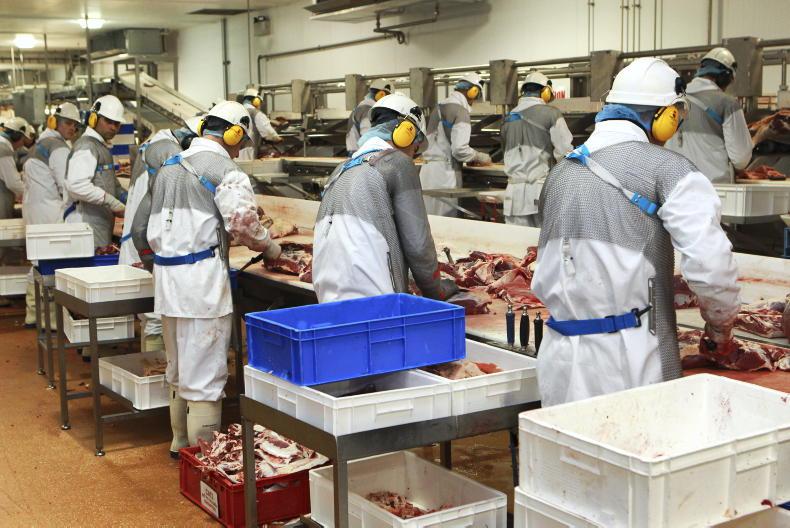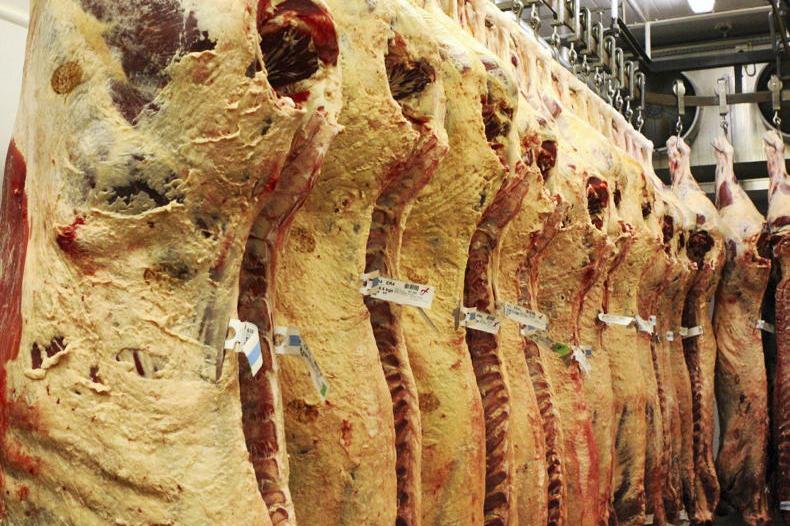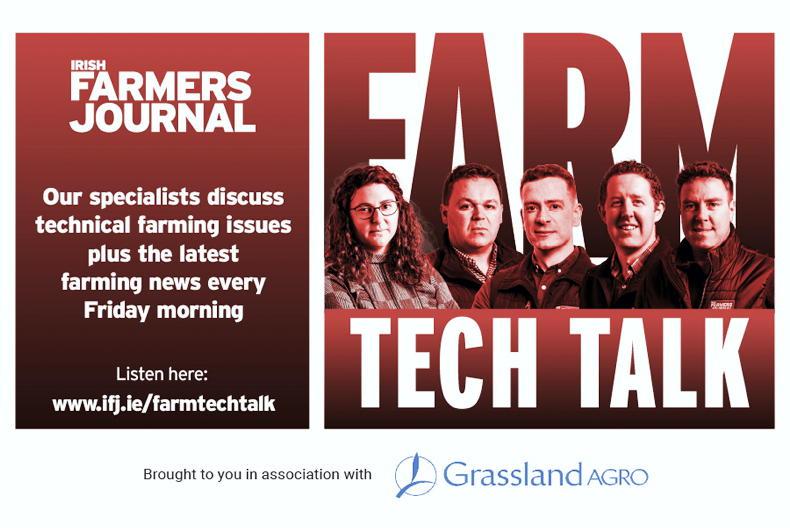The news last Thursday of the EU coming to a political agreement with four South American countries – Argentina, Brazil, Uruguay and Paraguay – to move ahead with the Mercosur trade deal sent a shiver through the spine of the Irish beef sector despite record prices at the moment.
Last week the base beef paid to farmers in Scotland hit £5.50 per kilo (€7/kg) – prices Scottish farmers have never seen. It’s running 50c/kg ahead of what is being paid in Northern Ireland, which is running about €1/kg ahead of where the Irish beef price is at the moment.
A Kerry suckler farmer came up to me in Tralee during the week and said it is time the suckler farmers of Ireland got a good run because for years they are on the hind tit.
The farmer is correct, and the financial numbers from Teagasc have shown the profitability figures for suckler farmers to be breakeven at best.
Indeed, most are eating into the annual EU Farm Payment support to keep the farm going. So news of South American beef being allowed to enter the EU market at a reduced tariff isn’t doing anything to help instil a vision of a positive future for sucklers in Ireland.
It is this very ‘profitability’ fact that undermines the argument for allowing more beef into the EU at lower tariffs.
Irish farmers are losing productivity and competitiveness and we can talk about unfair trading practices and splitting up profits differently along the chain, but the fact of the matter is farmers are being forced out of business.
Suckler decline
This week Adam Woods detailed the decline in suckler cow numbers for 2023-2024 on a county-by-county basis. The trend is the same as previous years – where farmers have good land and a choice to switch into milking cows they are doing that.
Tipperary, Kilkenny, Waterford and Offaly have all seen significant falls in suckler cow numbers and significant gains in milking cow numbers. However, in western counties when the sucklers go the alternatives are not there.
The figures, which were obtained from the Department of Agriculture and ICBF, show that there were 799,056 suckler cows in the country on 1 July, 2024.
This is down 47,954 head on the 2023 figure, a drop of 5.4%, the largest ever drop that Ireland has seen in one year in recent times.
We have almost 300,000 fewer suckler cows than 10 years ago. At a European level the fact is already 200,000t of South American beef is entering the EU, so this deal means it can now come in at a cheaper entry cost.
The EU and Irish policy for the last five years has clearly pushed for less or no animals. Organics, ACRES, forestry and nitrates all require fewer animals and less productivity. Live export numbers from Ireland have never been as high.
IFA president Francie Gorman joined farm organisation leaders from Italy, Romania, Poland, Austria, Belgium and France in Brussels on Monday under the Copa-Cogeca banner to voice their discontent at the proposed trade deal.
Vulnerable
Despite reassurances from EU officials that new safeguards are in place, they obviously still feel vulnerable.
The officials talk about new handbrakes, real time data from South America and carbon adjustment mechanisms, but it is doing little to placate demoralised farmers.
One of their main gripes is the unfair playing pitch that allows beef from countries with lower standards into the EU for sale in premium markets. Safety, health standards and sustainability are flagship principles of the EU market.
The latest Irish Government economic impact assessment completed in 2021 suggests the Irish impact could be between €45m and €55m per year of a direct hit. We know where costs have gone since then. This must be updated immediately.
So what next? We await the detail and the fine print. EU officials suggest this is likely to take several months. Building a coalition within Europe to represent over 35% of the EU population to go against this will be a tall order.
At an Irish level the lead agency on this is the Department of Trade and Enterprise, but as we all know the impact at ground level is primarily on farmers and businesses in rural Ireland.
We can see from the suckler numbers that change on the ground is happening already, so current financial support is clearly not enough and current policy is not helping either.









SHARING OPTIONS